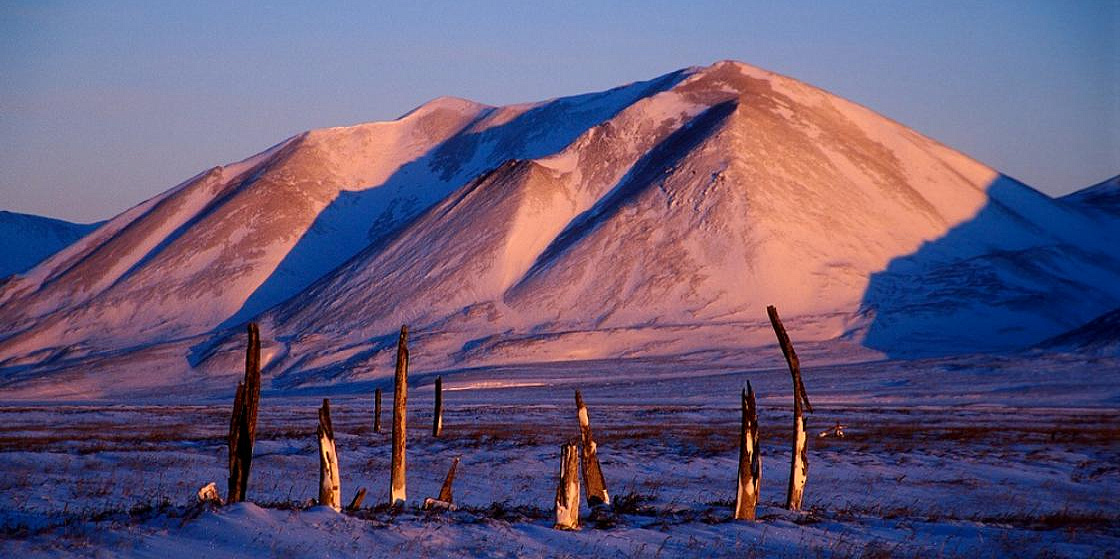
Photo: Makovnev Afanasiy/GeoPhoto.ru
Russia to Respond to the EU’s CBAM Initiative
The Russian government instructed several federal ministries and agencies concerned to come up with a joint position on the Carbon Border Adjustment Mechanism (CBAM) to be enacted by the European Commission. A joint position paper on the matter should have been produced by 6 September.
In Russia, the CBAM whose introduction was announced in summer 2021 is regarded as a serious challenge. Under this mechanism, non-EU exporters will have to buy carbon certificates corresponding to the carbon price that would have been paid, had the goods been produced under the EU’s carbon pricing rules. According to the estimates by the Economy Ministry, by 2030, Russian-based producers will have to spend about 50 billion euros in CBAM payments.
The mechanism appears to be discriminatory vis-a-vis non-EU nations, including Russia. For instance, the European Commission considers to be unsustainable hydroelectric and nuclear power plants, which in fact have a zero carbon footprint. When designing the CBAM, the Europeans ignored the fact that most Russian power plants are also major suppliers of heating and hot water whose services are used by as many as 100 million people (70% of the total population) across the country. Apart from this, the mechanism in question overlooks the fact that Russia is home to millions of acres of pristine forest that plays a very important role in the global oxygen supply and CO2 capture.
This is why it is necessary to take steps aimed at finding common ground with the European counterparts. To this end, a working group was established comprised of representatives of the Russian Economy Ministry, the Ministry of Foreign Affairs, the Ministry of Natural Resources, and two Special Presidential Envoys, Ruslan Edelgireyev (Climate Change) and Anatoly Chubais (Sustainable Development).
In addition to carbon regulation, another global trend has been recently manifesting itself -- that of decarbonization and decreasing demand for carbon fuels. The latter may threaten Russia’s flagship projects in the energy sector, including those launched (or to be launched) in the Arctic. According to the worst-case scenario, by 2050, Russia’s oil production will decrease by 72%, natural gas by 52% and coal by 90%. This means that, apart from engaging into a dialogue with the EU, Russia will have to make comprehensive efforts to transform the country’s energy sector and shift towards producing renewables such as green hydrogen, ammonia and methanol.
Arctic Today is a column by PORA CEO Alexander Stotskiy analyzing major international, national and regional events and trends in the Arctic.
In Russia, the CBAM whose introduction was announced in summer 2021 is regarded as a serious challenge. Under this mechanism, non-EU exporters will have to buy carbon certificates corresponding to the carbon price that would have been paid, had the goods been produced under the EU’s carbon pricing rules. According to the estimates by the Economy Ministry, by 2030, Russian-based producers will have to spend about 50 billion euros in CBAM payments.
The mechanism appears to be discriminatory vis-a-vis non-EU nations, including Russia. For instance, the European Commission considers to be unsustainable hydroelectric and nuclear power plants, which in fact have a zero carbon footprint. When designing the CBAM, the Europeans ignored the fact that most Russian power plants are also major suppliers of heating and hot water whose services are used by as many as 100 million people (70% of the total population) across the country. Apart from this, the mechanism in question overlooks the fact that Russia is home to millions of acres of pristine forest that plays a very important role in the global oxygen supply and CO2 capture.
This is why it is necessary to take steps aimed at finding common ground with the European counterparts. To this end, a working group was established comprised of representatives of the Russian Economy Ministry, the Ministry of Foreign Affairs, the Ministry of Natural Resources, and two Special Presidential Envoys, Ruslan Edelgireyev (Climate Change) and Anatoly Chubais (Sustainable Development).
In addition to carbon regulation, another global trend has been recently manifesting itself -- that of decarbonization and decreasing demand for carbon fuels. The latter may threaten Russia’s flagship projects in the energy sector, including those launched (or to be launched) in the Arctic. According to the worst-case scenario, by 2050, Russia’s oil production will decrease by 72%, natural gas by 52% and coal by 90%. This means that, apart from engaging into a dialogue with the EU, Russia will have to make comprehensive efforts to transform the country’s energy sector and shift towards producing renewables such as green hydrogen, ammonia and methanol.
Arctic Today is a column by PORA CEO Alexander Stotskiy analyzing major international, national and regional events and trends in the Arctic.
9 September 2021




